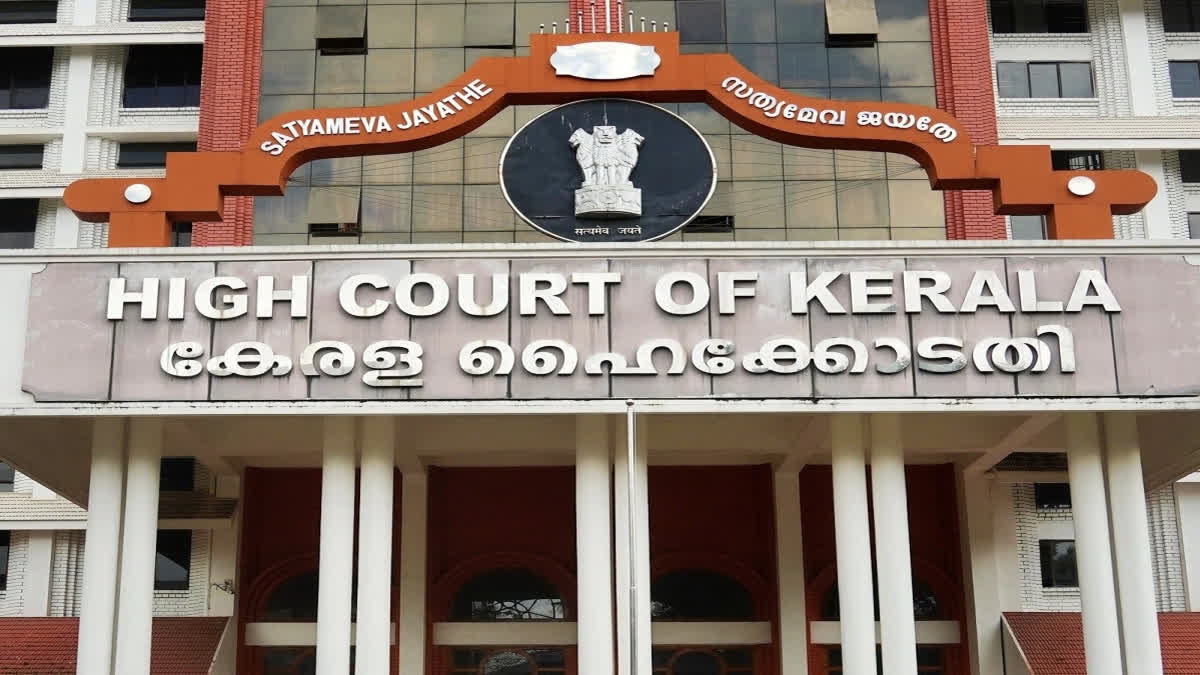Kochi (Kerala): The Kerala High Court on Monday upheld the death sentence given by a sessions court to the perpetrator, Ameerul Islam, in the 2016 rape and murder of a 30-year-old Dalit law student in the state.
A division bench of the High Court upheld the death penalty, dismissing the appeal filed by the convict challenging the sessions court verdict. The confirmation of capital punishment was also made based on the death sentence reference from the sessions court.
DNA and other scientific evidence were crucial in the case. The High Court made it clear that scientific evidence, including DNA samples, can be believed. The court order also pointed out that the blood samples found from the doorstep of the house and from the girl's churidar can be taken as evidence.
Islam was charged with raping and murdering the woman at Perumbavoor on April 28, 2016. He brutally assaulted the woman, who hailed from a poor family, using sharp-edged weapons before killing her at her house. In 2017, the Ernakulam Principal Sessions court awarded the death penalty to Islam, a migrant labourer from Assam, for committing the murder.
Islam was found guilty by the sessions court under various sections of the IPC, including 449 (house trespass to commit an offence punishable with death), 342 (punishment for wrongful confinement), 302 (murder), 376 (rape), and 376 (A) (causing death or causing the woman to be in a persistent vegetative state while committing rape).
The Special Investigation Team that probed the case used DNA technology and verification of call record details to prove Islam's role in the crime. Islam, who had left Perumbavoor soon after committing the crime, was arrested from Kancheepuram in neighbouring Tamil Nadu, 50 days after the incident.
Over 100 police personnel questioned over 1,500 people in the case. Fingerprints of over 5,000 people were also examined by the SIT personnel, who went through over 20 lakh telephonic conversations before tracing Islam.



